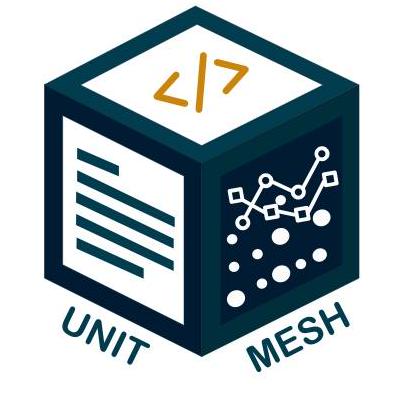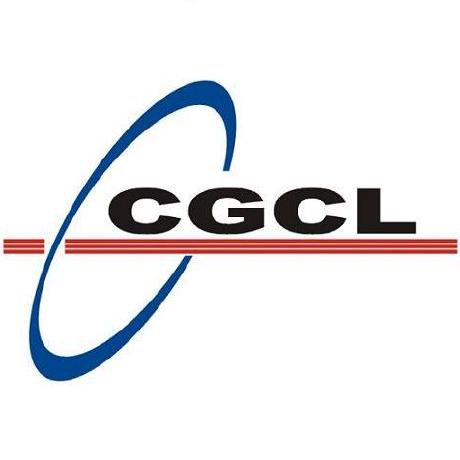Discover and explore top open-source AI tools and projects—updated daily.
build-your-ai-coding-assistant by  unit-mesh
unit-mesh
AI coding assistant DIY guide (IDE plugin, model selection, finetuning)
Top 48.0% on SourcePulse
This repository provides a comprehensive guide and tools for building your own AI-powered coding assistant, similar to GitHub Copilot. It targets developers and organizations looking to enhance productivity through AI-driven code completion, explanation, generation, and review. The project offers a full-stack approach, covering IDE plugin development, model selection, dataset curation, and fine-tuning.
How It Works
The project advocates a multi-model strategy, leveraging different model sizes for various tasks: large models (32B+) for complex tasks like code refactoring and requirement generation, medium models (6B+) for faster responses in code completion and testing, and small vector models (~100M) for in-IDE similarity searches. It emphasizes context engineering, differentiating between "related context" (derived from static code analysis like ASTs) and "similar context" (based on semantic search), with a preference for related context due to its higher quality and IDE integration.
Quick Start & Requirements
- Installation: Primarily involves setting up IDE plugins (IntelliJ IDEA, VSCode) and potentially deploying models via provided scripts (e.g.,
server-python38.pyfor OpenBayes). - Prerequisites: Requires Java (JDK 11+ for newer IDE versions), Python, and potentially GPU resources (e.g., RTX 4090) for model fine-tuning and local deployment. Specific IDE versions may have different JDK requirements.
- Resources: Model fine-tuning can be resource-intensive, requiring significant GPU memory and time.
- Links:
- AutoDev for IntelliJ: https://github.com/unit-mesh/autodev-intellij
- AutoDev for VSCode: https://github.com/unit-mesh/autodev-vscode
- Unit Eval: https://github.com/unit-mesh/unit-eval
- Fine-tuned Models: https://huggingface.co/unit-mesh
Highlighted Details
- Detailed walkthrough of building IDE plugins for IntelliJ and VSCode, including UI integration and action handling.
- Exploration of context engineering techniques, including static code analysis (AST, CFG) and semantic search for building effective prompts.
- Guidance on model selection, fine-tuning (LoRA, SFT) using tools like DeepSpeed, and dataset creation/curation with Unit Eval.
- Discussion on metrics for evaluating AI coding assistants, such as code acceptance rate and developer experience.
Maintenance & Community
- The project is associated with the Thoughtworks Open Source Community.
- Community interaction is encouraged for project development and error correction.
Licensing & Compatibility
- The primary license is not explicitly stated in the README, but associated projects like AutoDev for IntelliJ and VSCode are typically under permissive licenses (e.g., Apache 2.0). However, users should verify the license for each component.
- Compatibility for commercial use depends on the specific licenses of the underlying models and datasets used.
Limitations & Caveats
- The project is presented as a tutorial and ongoing development effort, implying potential for bugs or incomplete features.
- Specific model fine-tuning examples rely on cloud GPU providers like OpenBayes, which may involve costs or specific setup procedures.
- The effectiveness of custom-built assistants will heavily depend on the quality of curated datasets and the chosen base models.
1 year ago
Inactive

 QiushiSun
QiushiSun hrishioa
hrishioa VaibhavAcharya
VaibhavAcharya Codium-ai
Codium-ai CGCL-codes
CGCL-codes disler
disler wsxiaoys
wsxiaoys sourcery-ai
sourcery-ai sourcegraph
sourcegraph bear2u
bear2u codota
codota jamesmurdza
jamesmurdza